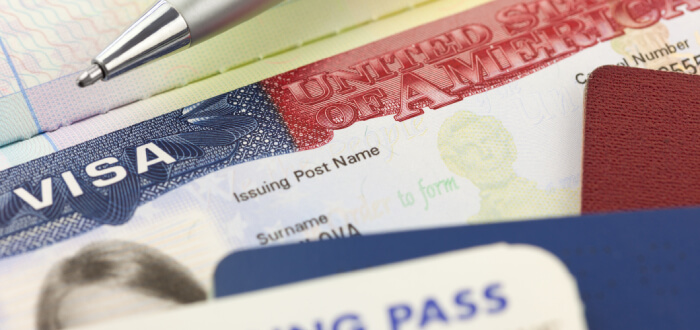How does SIJS compare to asylum?
In evaluating potential remedies, it is important to understand how SIJS overlaps with and differs from, asylum. Preparing both types of cases will entail discussing and documenting experiences that were traumatic for the child. However, there are also important distinctions. A successful asylum claim is based on conduct by the government or an entity the government failed to control. In SIJS, the harmful conduct was by the child’s own parent(s). Thus, a child applying for SIJS must be prepared to make such allegations against her parent(s), both on paper and in person, both in state court and before immigration authorities. Some children, even those badly mistreated by parents, may be reluctant to make such allegations, at least initially. Moreover, state court papers will generally be served upon the parent(s), if living. You should explain this to SIJS clients early on in the process.
What is SIJS?
Special Immigrant Juvenile Status (SIJS) is an immigration classification available to certain undocumented immigrants under the age of 21 who have been abused, neglected, or abandoned by one or both parents. SIJS is a way for immigrants under twenty-one to apply for and obtain legal permanent residence in the United States.
There are very specific requirements for a child to qualify for SIJS, and the criteria are:
1. The applicant must be under 21 years old;
2. He/she must be unmarried;
3. He/she must be declared dependent in a juvenile court. This means that the Family Court must take jurisdiction over a petition addressing the needs of the applicant;
4. Reunification with one or both of the child’s parents must no longer be a viable option due to abuse, neglect, abandonment or a similar basis under state law; AND
5. It is not in the best interests of the minor to return to his/her country of nationality or last habitual residence.
Advantages
Some advantages to obtaining Special Immigrant Juvenile status include that the child does not need to have entered the U.S. legally and does not need to show any means of financial support — both of which are barriers to most other types of green card approvals, because they make the applicant “inadmissible.” In fact, most other grounds of inadmissibility do not matter for Special Immigrant Juveniles. Also, Special Immigrant Juveniles are one of only a few types of immigrants who are eligible to have the fee for a green card application waived. Lastly, SIJ applicants who entered the U.S. illegaly/without inspection, will NOT be forced to return home (consular process) to adjust status.
Disadvantages
A disadvantage of this green card option is that a child who is granted Special Immigrant Juvenile Status is never legally permitted to file any immigrant petition for either parent. Thus, even if only one parent was abusive or neglectful, the child will still never be able to petition for the nonabusive parent to get a green card. For purposes of immigration, it is as if the child was an orphan.
If you are a custodian/sponsor of an unaccompanied immigrant child, talk to a lawyer who can help you with the court process. Several factors might need to be to considered for your particular case. Some immigration options that help you now might end up hurting you later on. A lawyer who is knowledgeable in immigration can help you see if SIJS is an option.
Frequently Asked Questions (SIJS):
1. Does the Guardian have to have legal status within the United States?
A. No, the guardian does not have to be a U.S. citizen, resident, or have any form of legal documented status within the United States. State courts will not inquire into a guardian’s status nor relay such status onto USCIS.
2. Does the Guardian have to live with the child?
A. No, the guardian does not have to live with child nor provide for him or her financially.
3. Does a Guardian have to be related to the child?
A. No. In 2014, the Court ruled that no specific familial relationship is required to petition for guardianship.
4. How detailed must my offer of proof be in my motion for SIJS?
A. The motion must provide at least a brief reference to facts supporting the finding of abuse, neglect, abandonment or a similar basis in State law.
5. What are some examples of proof that it is not in the child’s best interests to return to his/her country of origin?
A. Best interests not to return to his/her country can be proven through an interview with the child, a home study in the home country, or other evidence showing there is no appropriate family in the home country, i.e., death certificates of birth parents and/or statement of relatives overseas.
6. Can a biological/natural parent petition for Guardianship?
A: Yes, a natural parent can petition for guardianship over her own biological child. Under the Surrogate’s Court Procedure Act, any person may petition for the guardianship of an infant.
7. Does the child need to be present in court?
A. Yes. The Court requires the presence of the guardian and the child as the Court usually requires the petitioners’ testimony in Court.

